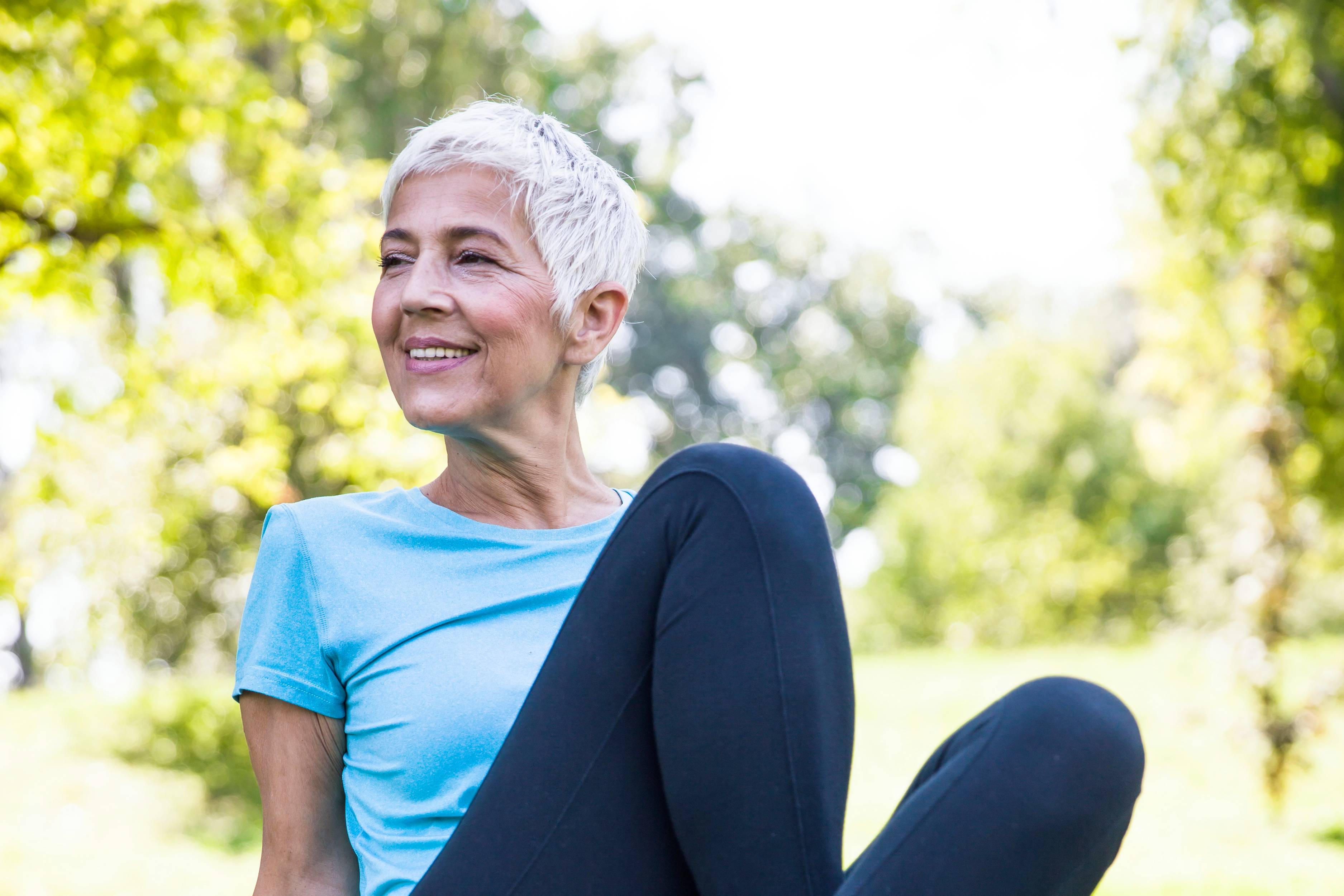4 Mental Health Benefits Of Exercise For Seniors

Exercising for seniors is not simply a routine; it's a source of joy, a rhythm for the body that tunes the mind. Movement keeps our thoughts clear and spirits high. For those who've seen many seasons, it's a way to stay sharp and feel alive.
At our retirement community, each day gives you a chance to move, breathe deeply, and engage with life fully. Our philosophy integrates physical well-being with daily living, ensuring that each moment holds the potential for zest, vitality, and pleasure.
Read on to find out the 4 mental health benefits of exercise for the elderly.
Reduces Symptoms of Depression and Anxiety
Physical activity is a great way to manage mental health conditions like depression and anxiety. Exercise produces chemicals in your brain that act as natural painkillers and help you feel better emotionally. Known as endorphins, these chemicals can calm your mind and improve your mood.
It's helpful to have a routine when it comes to exercise. Long walks, swimming, or aerobics can all relieve stress. You don't need to aim for hardcore workouts. Instead, focus on small, achievable fitness goals that align with your exercise routine.
Commitment to a steady exercise regimen can feel tough, but persevere. Regular exercise plays a big role in warding off feelings of depression and anxiety. It may be hard early on, but soon, it will become part of your routine. When you feel your mood lift over time, you'll realize the benefits of your effort.
Enhances Cognitive Function and Slows Down Age-Related Mental Decline
You also gain cognitive benefits by exercising. For instance, regular workouts can sharpen your memory and thinking skills. When you exercise, your heart rate increases, promoting better blood flow and oxygen to your brain. As a result, your brain can function better.
Working out consistently can slow down mental decline, which often happens as we grow older. Physical activity helps your brain build connections between its cells and boosts their overall function. Even casual forms of exercise, such as gardening or taking short walks, can contribute to this effect on your cognitive health.
Boosts Self-Esteem and Confidence Through Achievement and Physical Improvement
Regular exercise can contribute to a better body image and improved self-esteem. When you work out, you tend to feel more content with your body and appreciate what it can do. This positive self-image drives self-confidence and can make you feel better overall.
Plus, hitting your fitness goals, even small ones, can give you a sense of accomplishment. This triumph can build your self-esteem, whether reaching a new walking distance or mastering a new yoga pose. Exercise is not just about physical health but also about feeling good about oneself.
Improves Sleep Quality and Helps Combat Insomnia with Energy Expenditure
Exercise can help you sleep better, too. By using your energy during the day, your body naturally seeks to replenish this energy during your sleeping hours. This process can lead to deeper and more restorative sleep. Better sleep quality can enhance your mood and overall mental well-being.
On the other hand, poor sleep can lead to feelings of distress, frustration, and even depression. Regular workouts can help address this. Exercise helps regulate the body's internal clock, known as the circadian rhythm. This rhythm controls sleep-wake cycles. Physical activity, especially when done outdoors and exposed to natural light, can help keep this clock in sync and promote better sleep.
A Community Designed for Liveliness
With services and amenities tailored for fitness and fun, our retirement community provides the backdrop for you to maintain a lively spirit and an active body, all within the comfort of a community that cares. Let's take the next step in your journey to wellness together.
